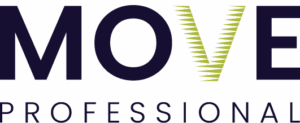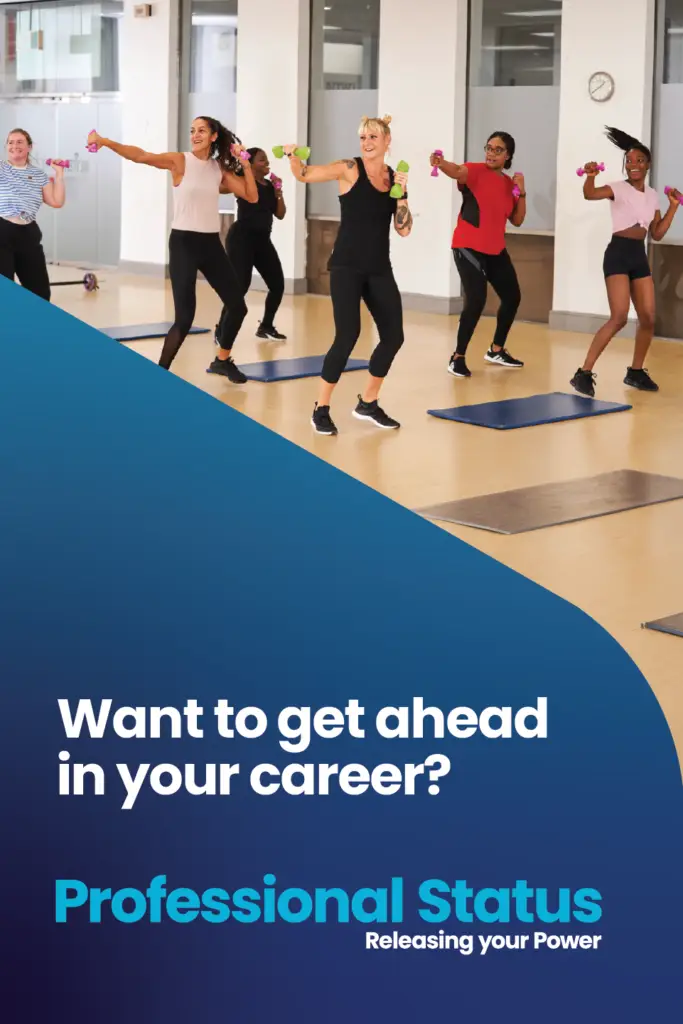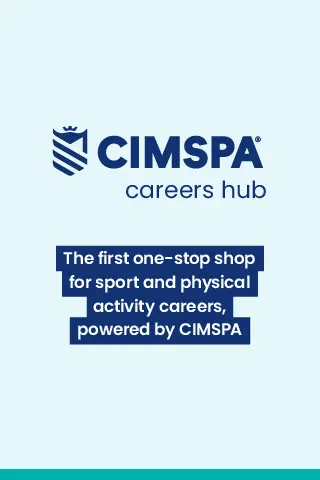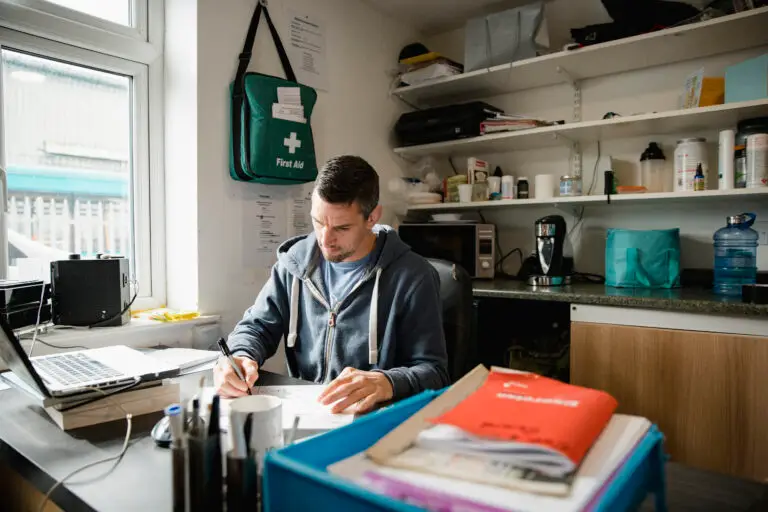Unlocking your career potential
How professional status is the key to your development and recognition
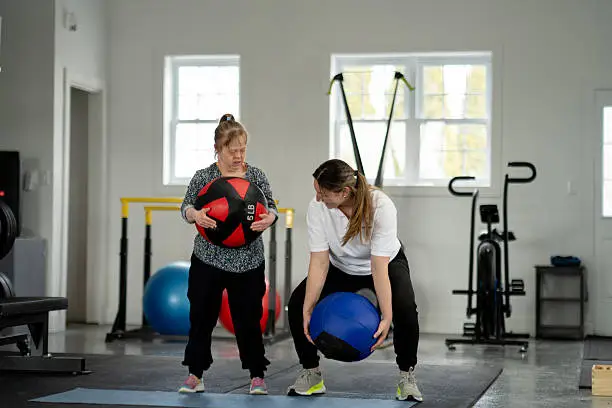
Right across the sector, our roles are evolving faster than ever. We’re not just delivering sessions; we’re supporting people to become healthier, happier and more active lives across communities, workplaces and, increasingly, clinical pathways. With that evolution comes the need for clear credibility, recognised expertise and defined routes for progression.
That’s why CIMSPA has introduced professional status, which is a framework that showcases your capability today and supports your growth for tomorrow. It is designed to help professionals in our sector build a meaningful career, one step at a time.
What is professional status?
Professional status is the way of formally recognising the knowledge, skills and behaviours you rely on in your role every day. It provides a visible symbol of professionalism backed by CIMSPA’s chartered and regulatory authority as the UK’s professional body for sport and physical activity.
Rather than focusing on time served or one-off qualifications, professional status is grounded in real practice, continuing development and sector-aligned standards. It provides:
- a clear, role-based pathway from entry to chartered levels
- professional titles, postnominals and accreditation credentials to showcase your competence
- ongoing recognition of your commitment to quality and ethical practice
- a structured framework for maintaining and building your knowledge and skills throughout your career.
Professional status creates a shared language for professionalism across our workforce, whether you’re instructing in a community, delivering specialist exercise referral or leading an entire facility.
Why does professional status matter for your career?
You gain credibility
Employers, clients, commissioners and allied health professionals need confidence in the physical activity people they work with. Professional status communicates that instantly because it shows that you meet the professional standards for your role and that you are committed to staying current and expert.
In a competitive sector, that credibility gives you the edge over individuals who cannot demonstrate a professional status.
You can plan a sustainable career pathway
Many professionals tell us that they want to progress but don’t always know what the next step is.
Professional status changes that.
Across both practitioner and management roles, it provides a transparent, achievable route from new entrant to specialist to expert. This helps you and employers in the sector to shape career development plans with clarity and purpose.
You align with health and wider allied sectors
As demand grows for physical activity to support prevention, condition management and health outcomes, we are increasingly working alongside healthcare and clinical colleagues. These sectors expect recognised professional credentials and professional status ensures you are seen as a trusted, equal partner.
You strengthen your business prospects
For self-employed professionals, professional status provides a major point of differentiation. It demonstrates quality assurance to commissioners, funders and customers which helps you to stand out, win opportunities and build your reputation as a recognised professional.
How to make professional status work for you
Step 1: Understand where you are today
Look at the professional status levels for your role. Which one matches your current expertise? Which one is your next step?
Step 2: Plan your progression
Use the professional standards to identify what knowledge, skills and behaviours you need to develop. Align your CPD around meeting those standards.
Step 3: Make your status visible
Use your postnominals and display your accreditation credential. Include your status in tender documents, online profiles and job applications. Your professionalism deserves to be seen, and your expertise will be clearly understood.
Step 4: Keep developing
Professional status is a living commitment, so you need to stay up to date through relevant CPD which will help you progress and keep delivering great impact as a professional.
Step 5: Have the conversation
Talk to your employer about how professional status supports appraisals, development planning and role design. Together, you can support a culture that values professional growth.
A future where professionalism leads the way
We want to elevate our sector and ensure that the incredible value delivered by physical activity professionals is recognised across the UK. A consistent, trusted professional framework is a transformative part of that future.
Professional status:
- supports higher standards across the entire workforce
- unlocks better recognition, reward and career mobility
- helps us demonstrate our impact on the nation’s wellbeing
- strengthens our voice with government, health and education.
By committing to professional status, you’re not only advancing your own career, you’re helping to raise the level of professionalism for our entire sector.




